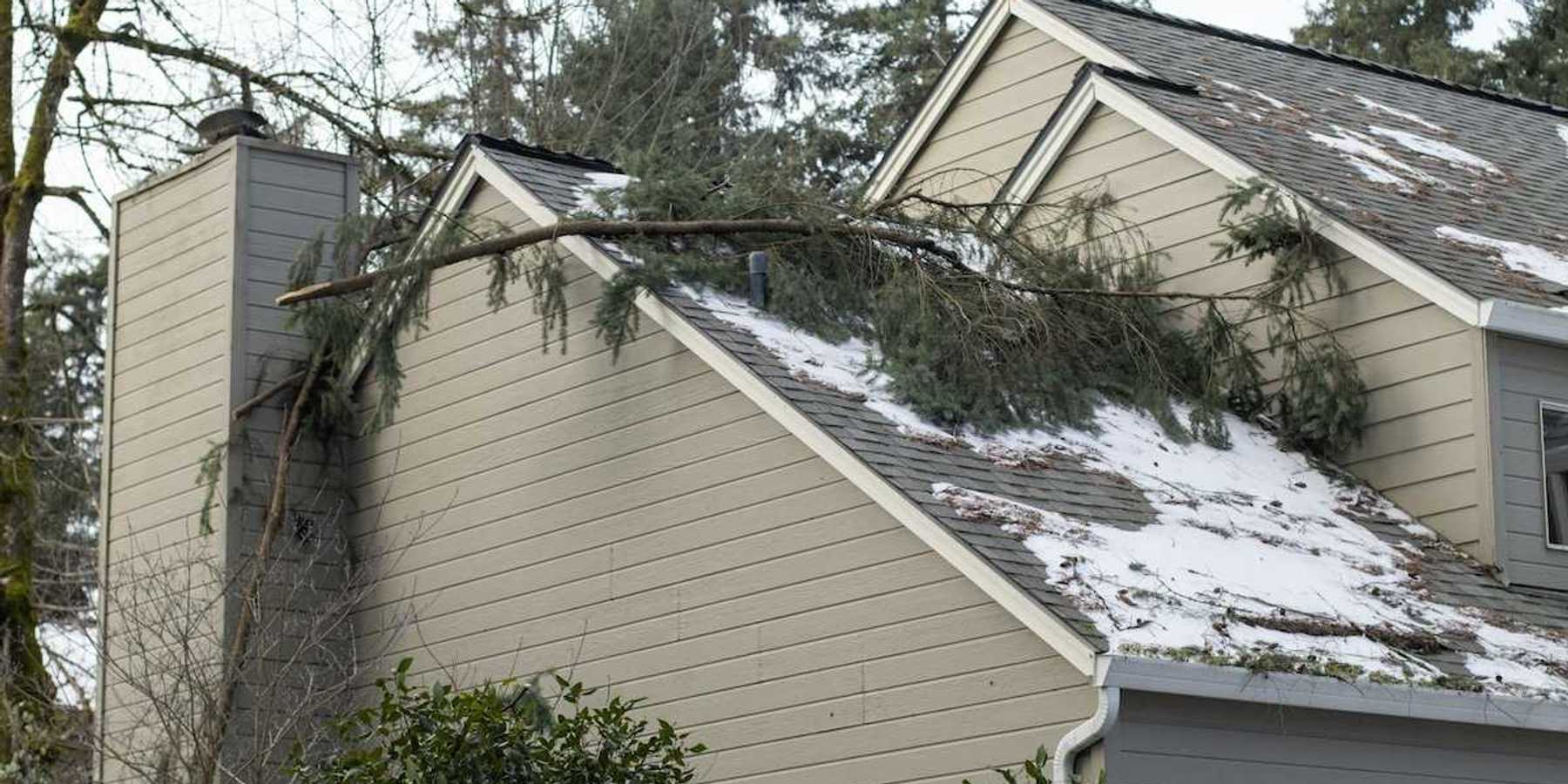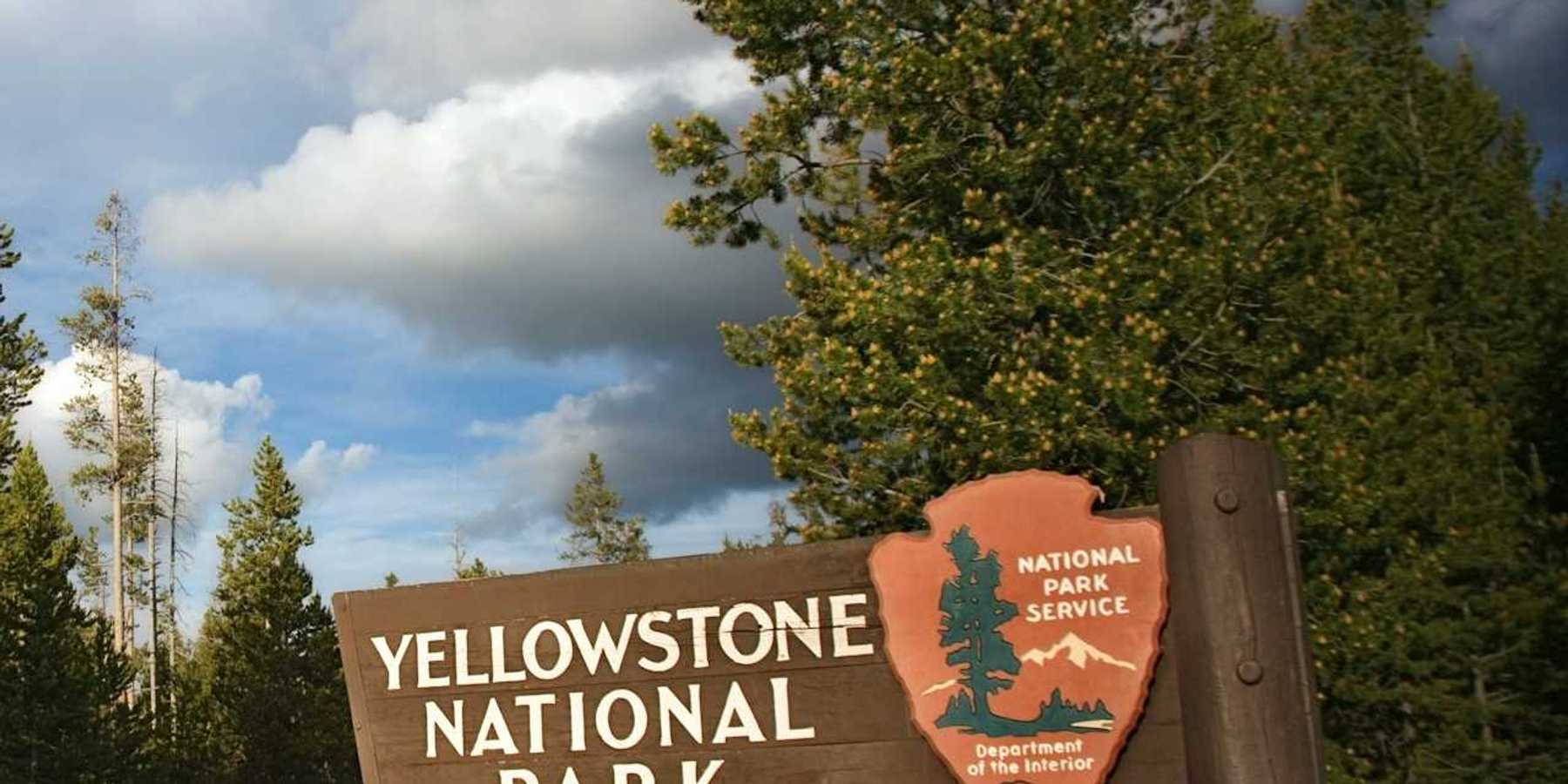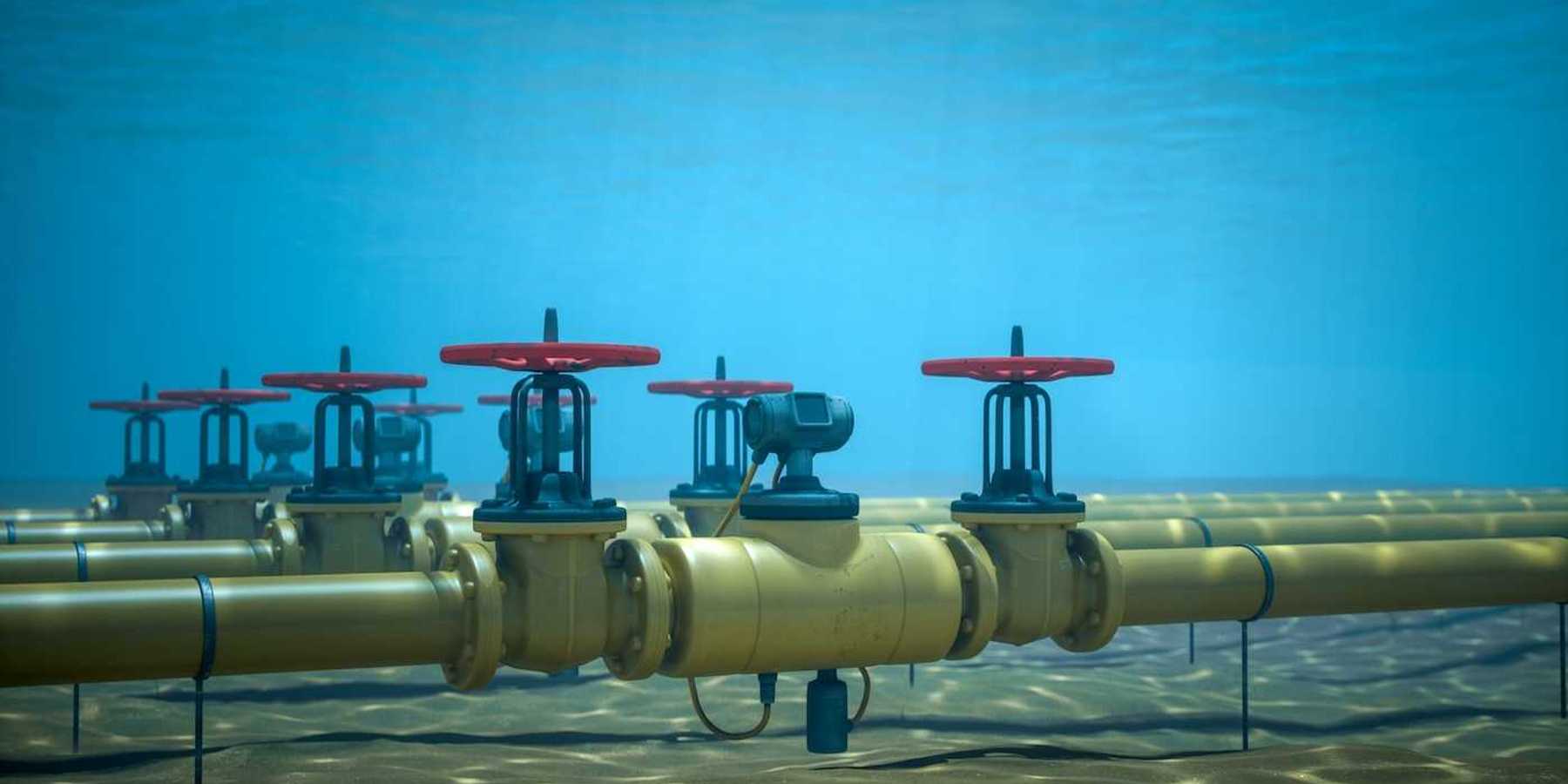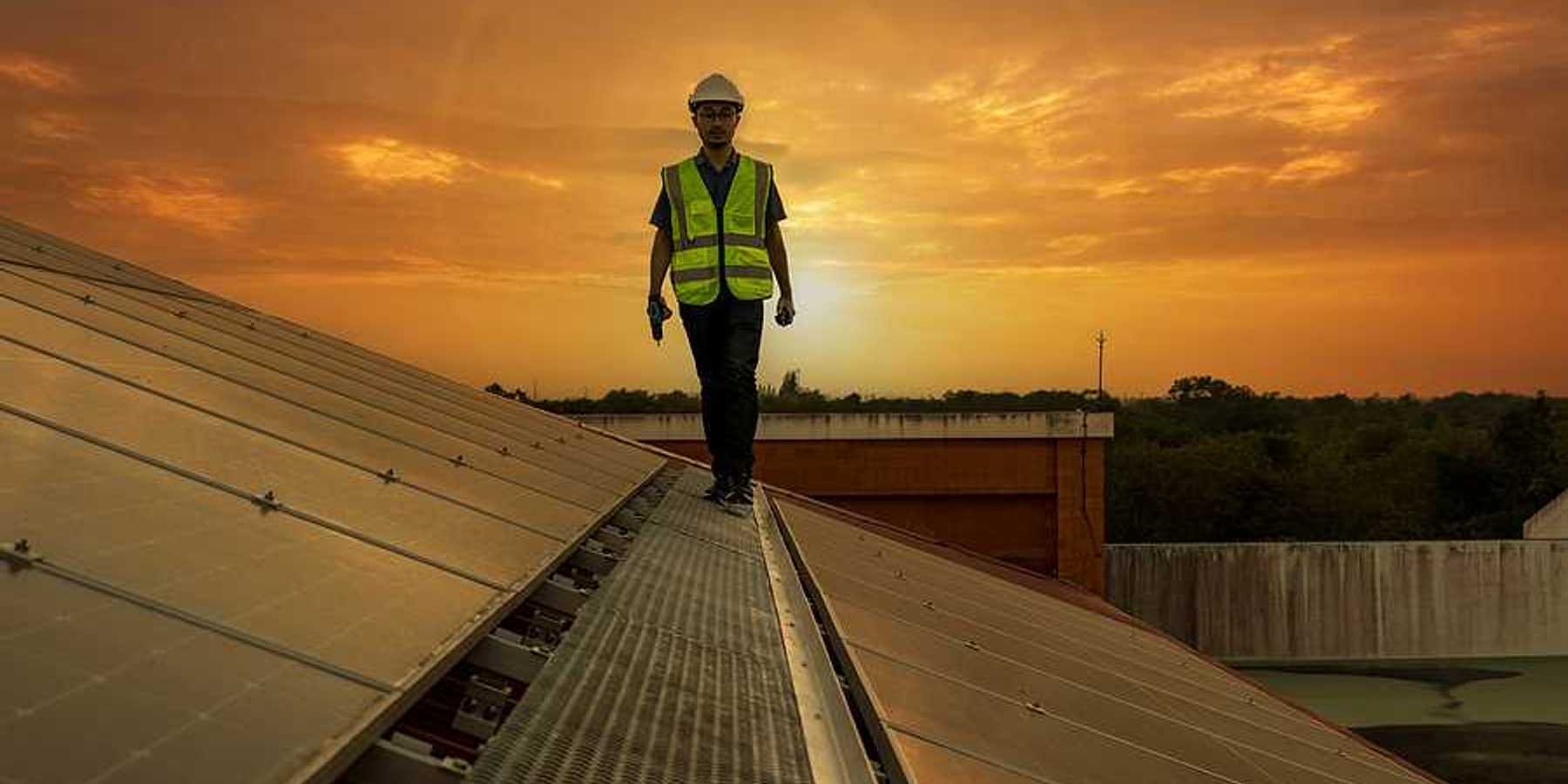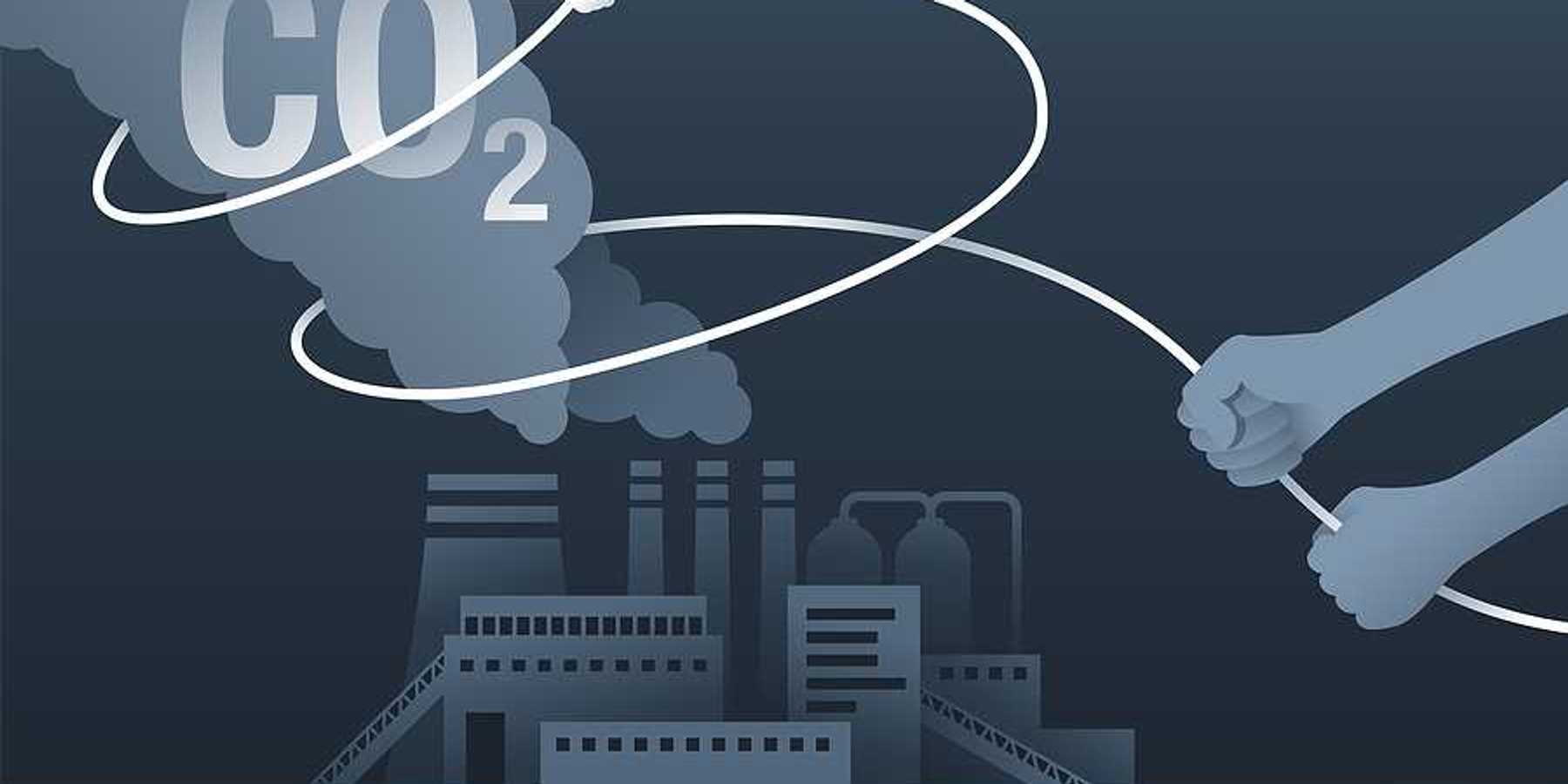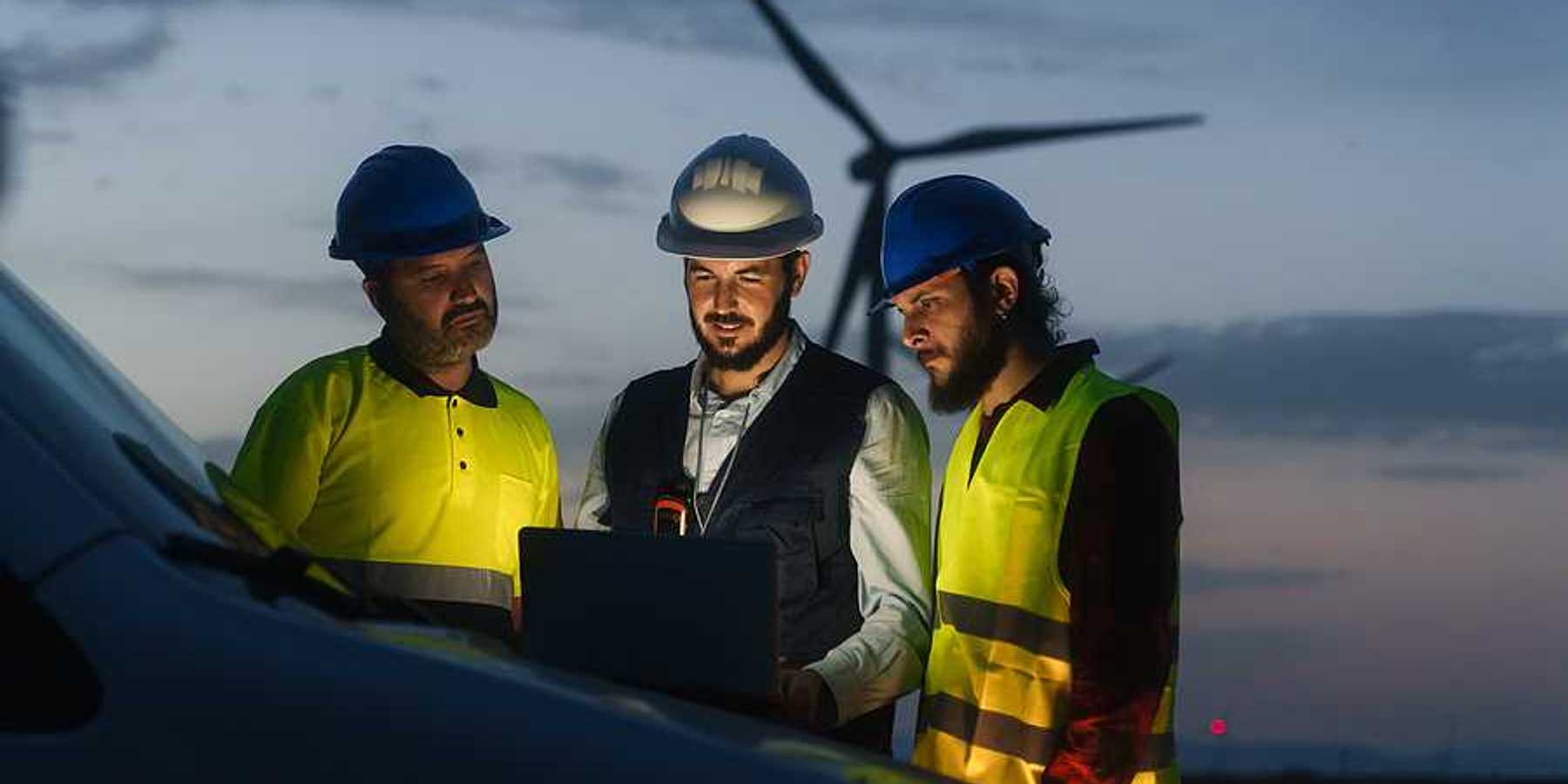Wildfire smoke from Canada continues to choke U.S. cities as climate patterns worsen
A blanket of smoke from Canadian wildfires drifted into the U.S. Midwest last week, signaling another season of toxic air driven by rising global temperatures.
In short:
- More than 200 wildfires are currently burning across multiple Canadian provinces, with half categorized as “out of control,” sending thick smoke into Minnesota, Wisconsin, Michigan, and beyond.
- Scientists say the warming, drying climate is fueling larger, more frequent wildfires, and these patterns are likely to become increasingly common throughout North America.
- U.S. air quality monitors report conditions ranging from moderate to unhealthy due to the drifting smoke, which can cause respiratory problems even in healthy individuals.
Key quote:
“Smoke knows no political boundaries — and neither does fire.”
— Lori Daniels, forest ecologist and professor at the University of British Columbia
Why this matters:
Fine particulate matter in wildfire smoke has been linked to serious respiratory and cardiovascular issues, and prolonged exposure may raise risks for chronic conditions, especially in children, older adults, and people with asthma. The frequency and intensity of these fires reflect a climate out of balance: Warmer temperatures and droughts have dried out forests, making them tinderboxes ready to ignite. Lightning often triggers these blazes, but human-driven climate change is what feeds them. Smoke from Canada’s boreal forests can travel thousands of miles on shifting wind patterns, blanketing cities like Chicago or Minneapolis in haze and pushing air quality to dangerous levels. And it's not just North America — record fires have scorched Siberia, Australia, and the Mediterranean. With every season of fire, public health systems strain under increased hospital visits and lost productivity, while ecosystems struggle to recover.
Related:

